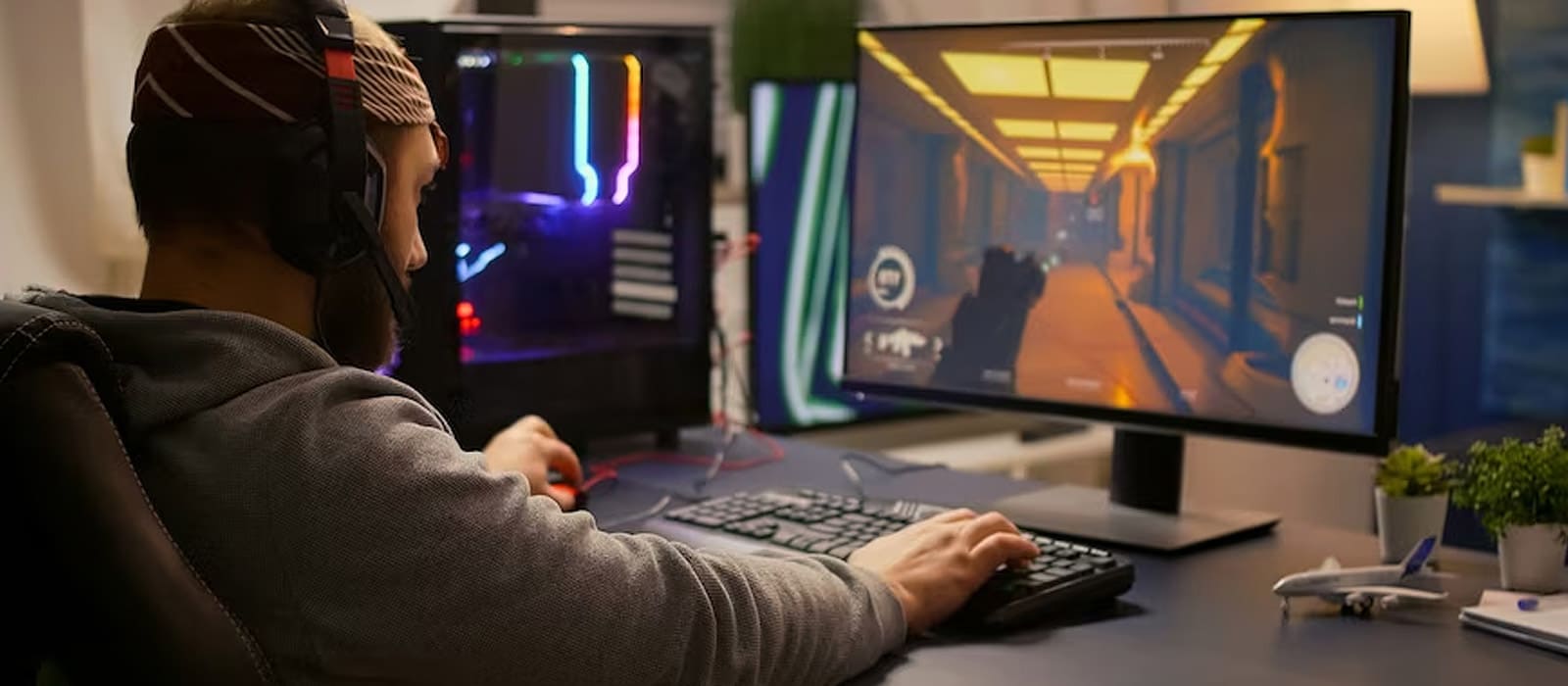
Nothing seems stable these days, from the economy to politics, from our collective health to geopolitical arenas. Even American cultural stalwarts like Hollywood, Disney, and gamers have been on their heels in a time of strikes and shifting mediums.
The one exception might be video games, a robust industry that continues to flourish. With approximately one billion online gamers worldwide – paired with an industry expected to reach $650 billion this year with an expected three percent annual growth – video games are stable in their march to the future and beat any financial final boss. And they are, without a doubt, the dominant form of entertainment in our culture: This $100+ billion industry dwarfs the film and music industries combined.
Stability doesn’t equate with evolution, though, including a cultural one. Dictatorships and prisons bank on pure stability, while artistic and cultural mediums like video games are an illuminating reflection of society. Representation is an essential aspect of a healthy society today, so is the video game industry doing with inclusivity? That’s an answer with less stability, but certainly with intriguing data that will help the video game industry with its maturity.
The first African-American video game character appeared in 1976 on Heavyweight Champ, an arcade fighting game released by SEGA. That’s ten years after the iconic Black Panther appeared in Marvel Comics! Gradually (very gradually), non-white characters began to populate video games, yet often just stereotyped to the point of being caricatures. You know the drill (I’m looking at you, Grand Theft Auto): Black and Hispanic males were street thugs; Asian women were seductive femme fatales; Middle Easterners were terrorists; Hispanic women were sex workers; and so forth.
However, the industry has pivoted rapidly in the last ten years as both an ethical and financial decision. Yet a lot of catching up remains on the gaming agenda. After all, 73% of gamers may be white, with 46% of gamers in the US being female – but only 3.2% of gamers in the US are African American, while 9.8% are Hispanic. Our market research places Asians at 5% of the gaming population. So, a gap still needs to be closed (whether you believe in ethics or profit – or both!). This disparity is more apparent with Women of color, who, beyond being underrepresented, are either depicted as overtly sexual, lacking in intelligence, or stereotypically aggressive (I’m looking at you, Resident Evil 5).
The good news, however, is that our studies show that most gamers (64%) believe diversity in gaming is important.
The Last of Us was a massive success as a video game and later an HBO (now MAX) series. One of the main characters was a lesbian, and the supporting cast was brimming with minority representations. The Last of Us seems to be an exception becoming the rule, but statistics are a mixed bag by these findings:
Needless to say, it remains a long slog to diversity and representation. It doesn’t help that many game creators are from ethnocentric countries like Japan or North Korea, which means diversity is not part of their psyche. Their cultures sometimes stereotype minorities when they do represent them! This brings us to the reality that on our shores, Black and Hispanic developers are found mainly in the independent game spaces, unable to drive or influence the industry’s advancement.
Indeed, we are much farther along than the nameless Black fellow in Heavy Weight Champ. However, that seems like no victory when one thinks of Black Panther as a ubiquitous cultural icon crossing many mediums. Like comic-book heroes, video game characters can be valuable in the confidence and morality of younger individuals seeking healthy role models. Furthermore, gaming communities may not be as beneficial as interacting physically, but there are key arenas for youth socialization. As Barack Obama once said during his presidency, “Video games are a great way to escape from reality, but they can also be a great way to learn about it.”
Our market research reveals that 55% of gamers are part of the gaming community, with 47% saying they feel welcome.
Perhaps another stable notion might be the famous Charles Dickens adage regarding video games and representation: “It was the best of times, it was the worst of times.”
For inspiration, we can lean on the sensible words of historian and author Flor Guzzant:
“To sum up, the power of representation in video games cannot be understated. It is a catalyst for change, challenging societal norms and paving the way for a more inclusive and equitable future. By striving for authentic and diverse representation, the gaming industry has the opportunity to foster positive social change and create a space where everyone can feel seen, heard, and valued.”
Looking for stable and concise video game data? Check out our dedicated gamer research.